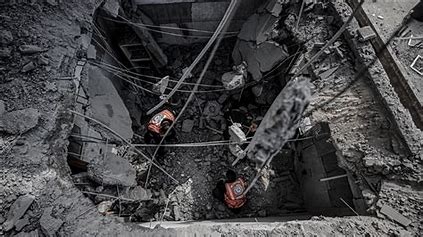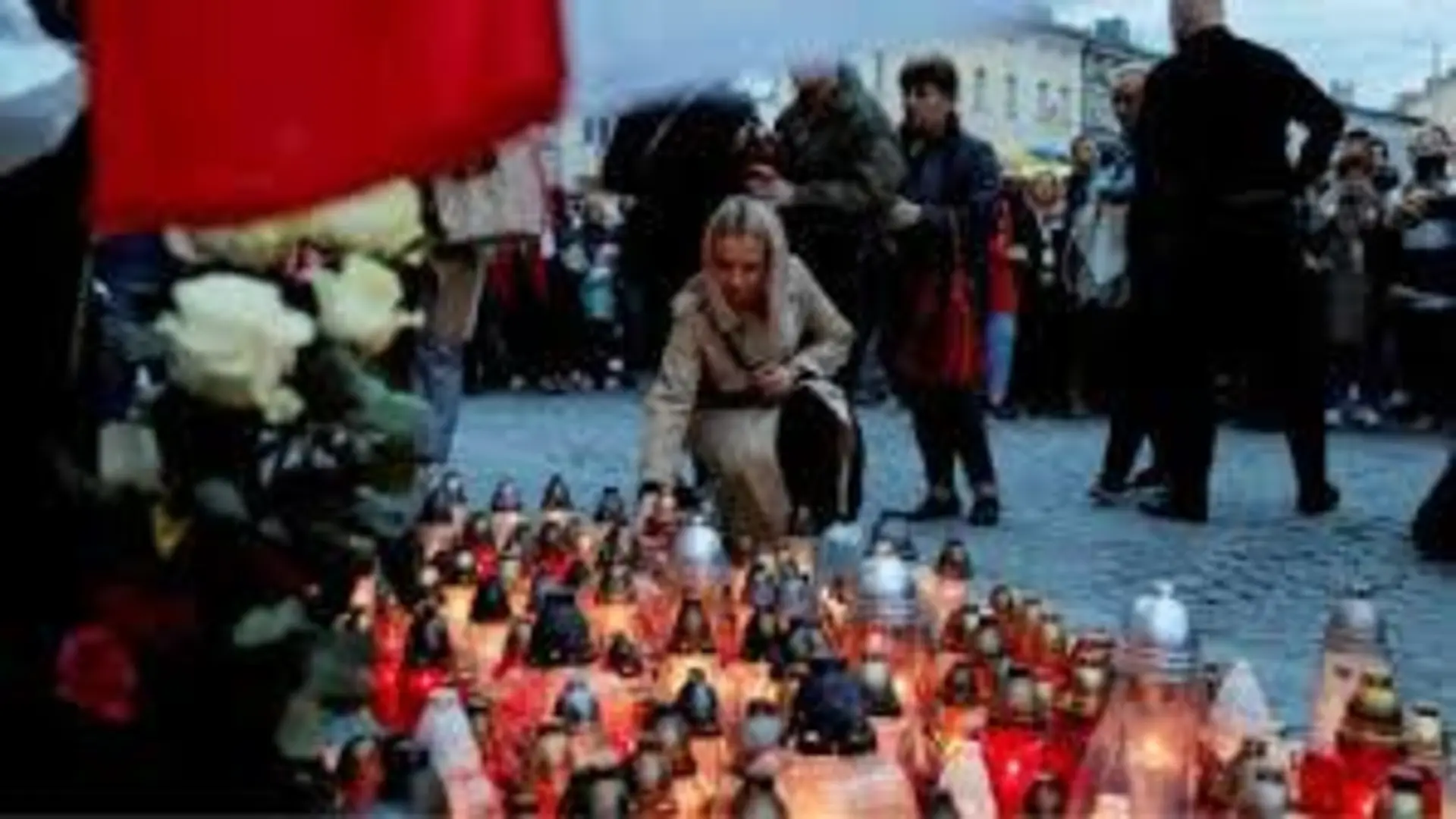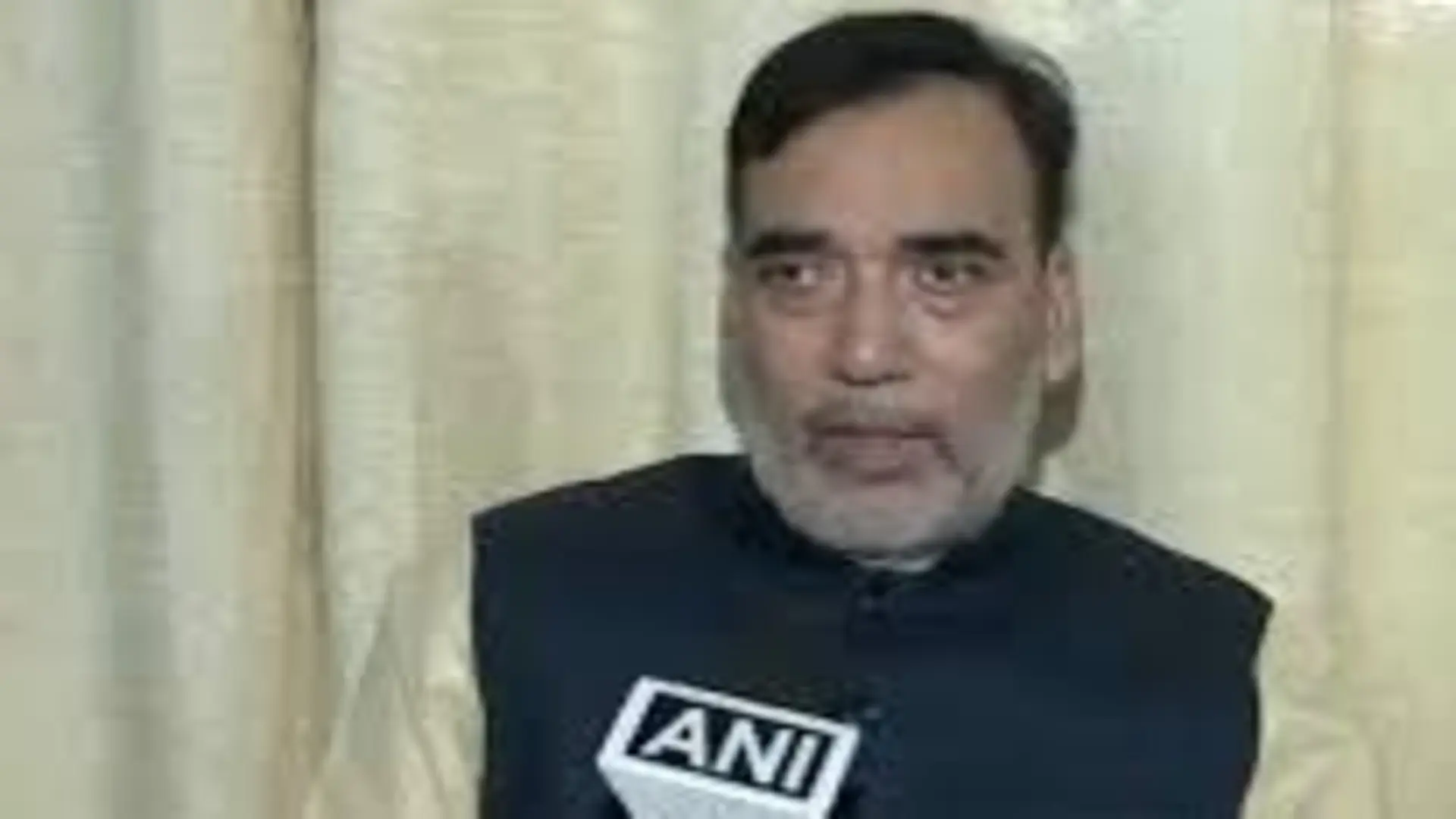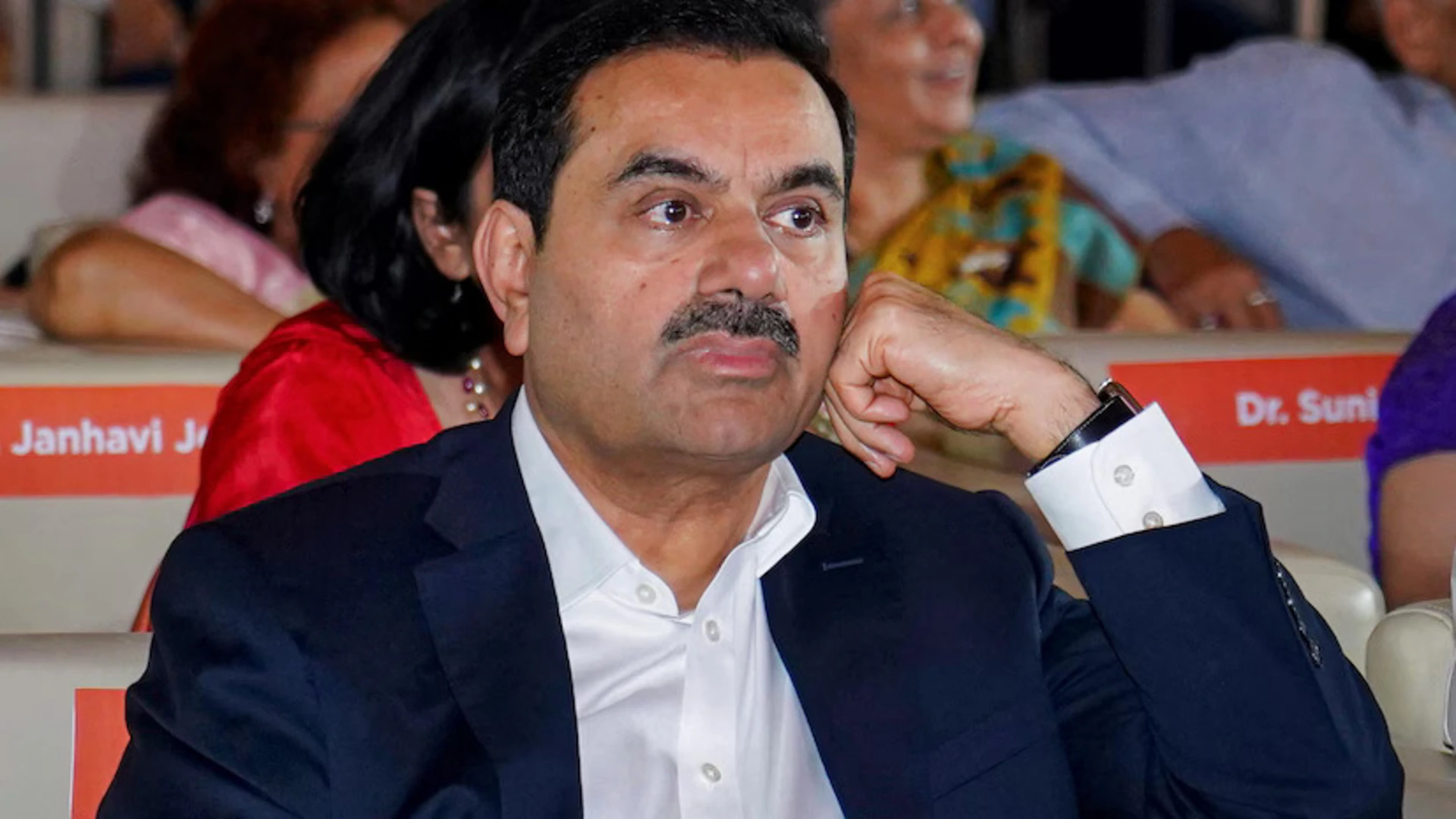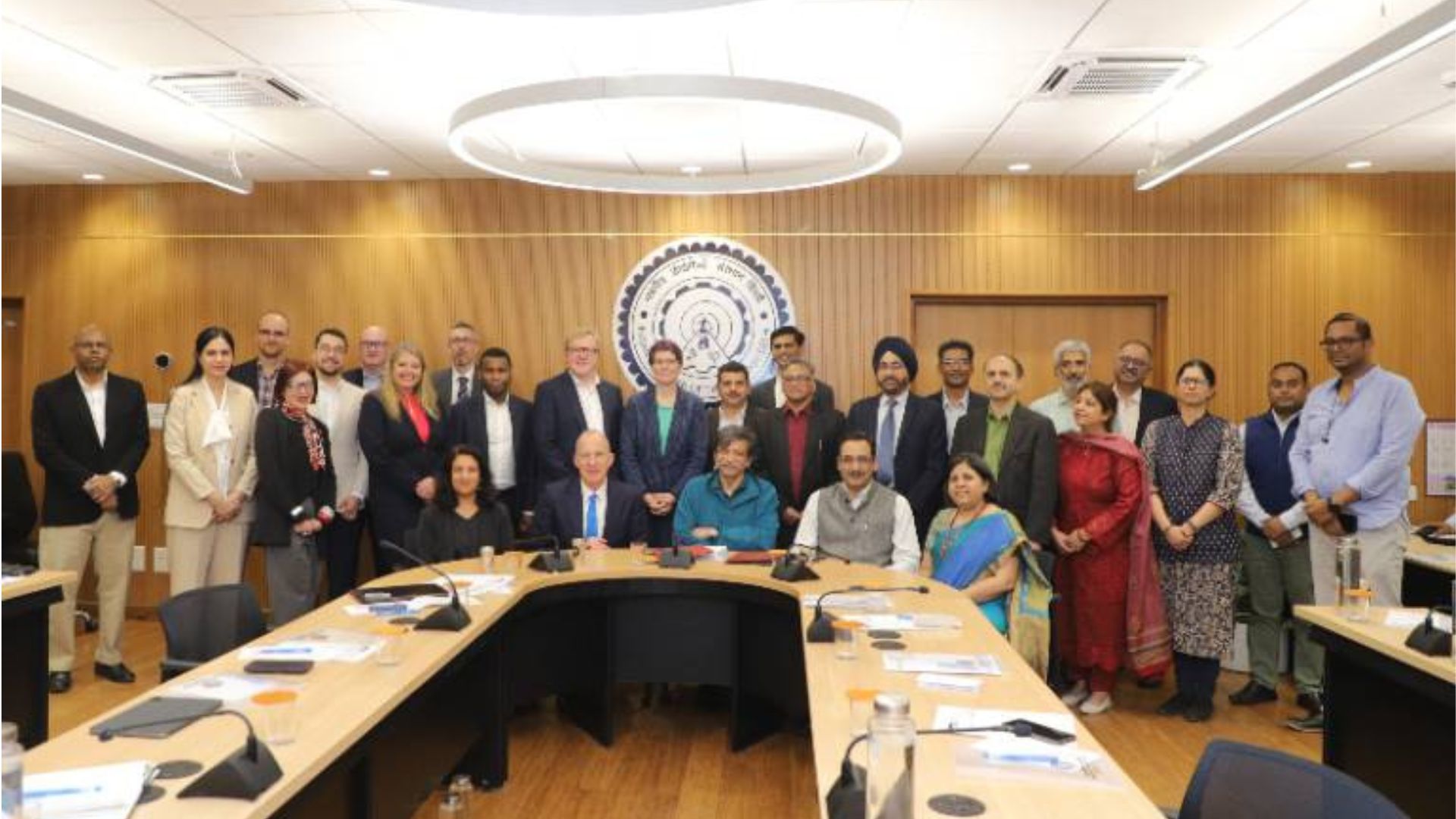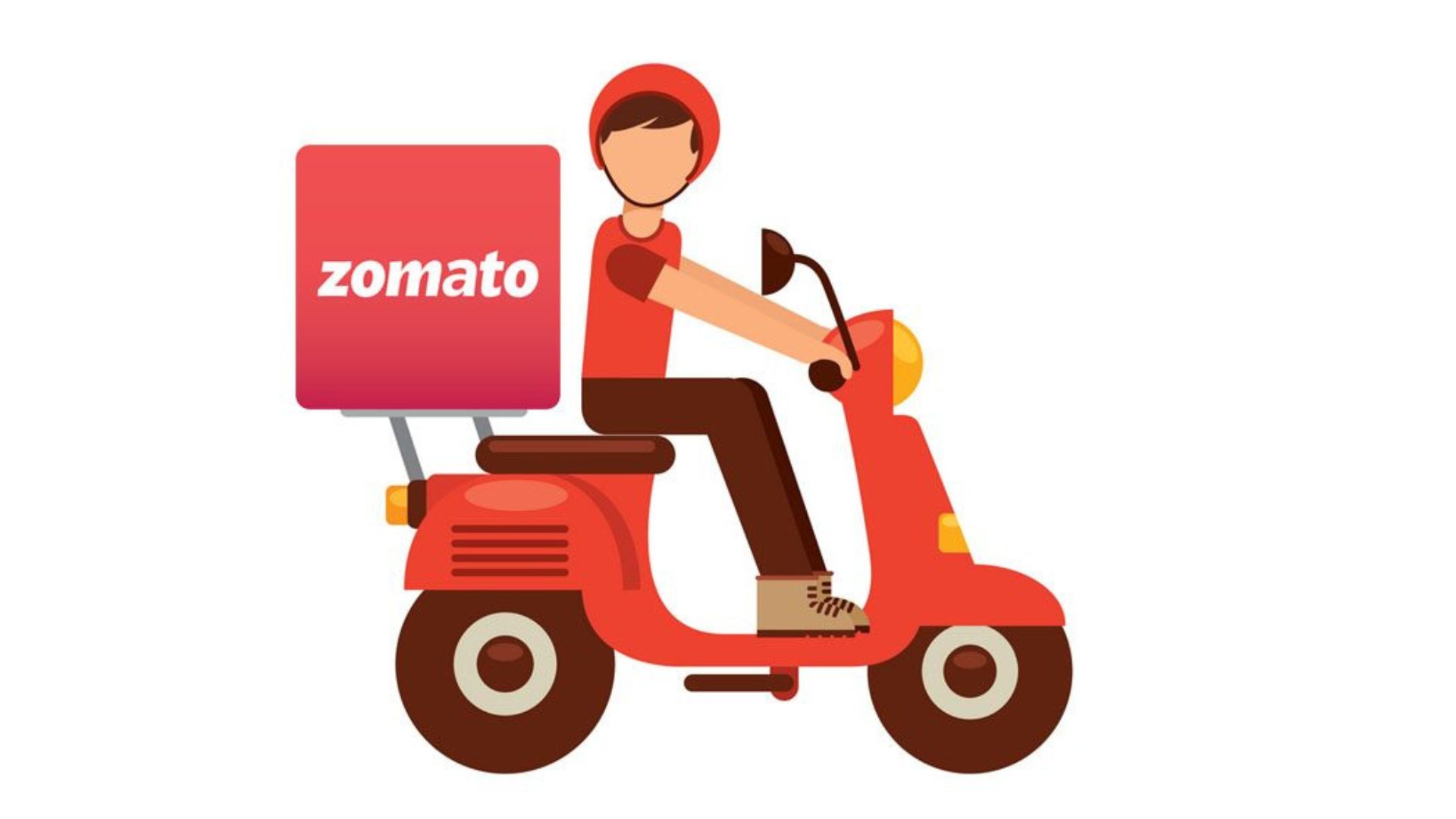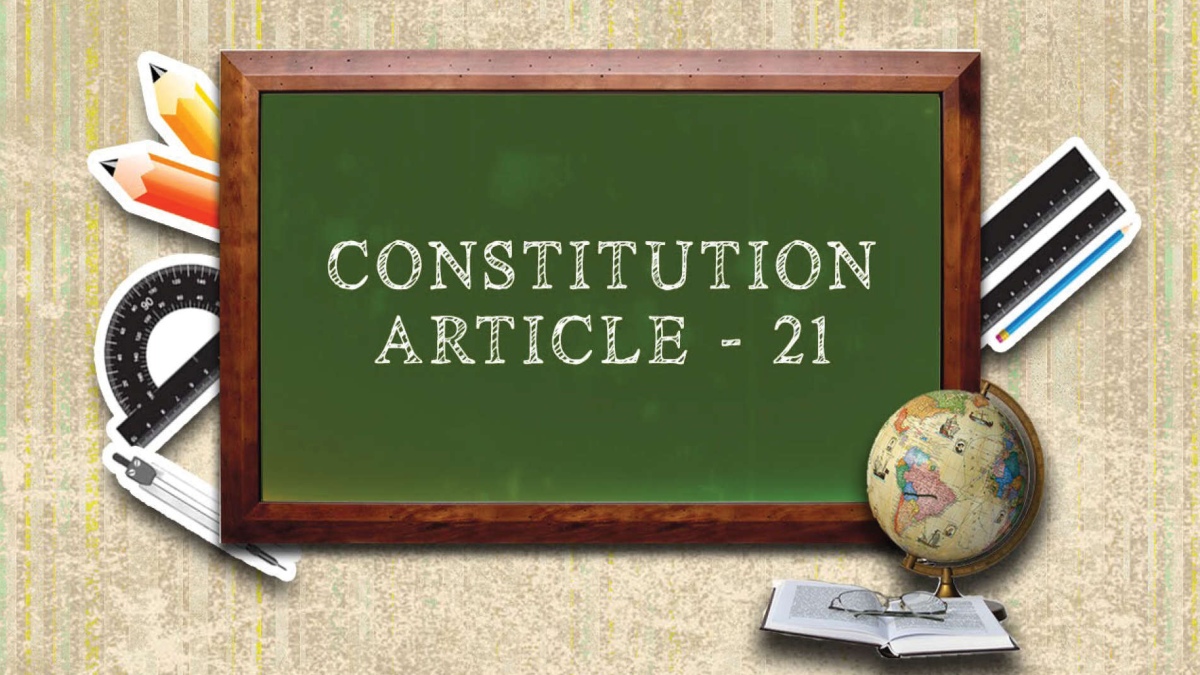
Often characterised as ‘the procedural Magna Carta protective of life and liberty’, Article 21, in our living Constitution, is the most organic and progressive provision. Embodying the ‘constitutional value of supreme importance in a democratic society’, Article 21 of the Indian Constitution, 1950 provides,
“No person shall be deprived of his life or personal liberty except according to procedure established by law.”
Interpreted as “the heart of the constitution”, this article offers three keywords with ever expanding definitions- life, personal liberty and state
“Life” under Article 21, has been defined as more than just the act of breathing. Through a multiplicity of Judicial precedents, it encompasses a broader range of rights, such as the right to live in dignity, the right to a livelihood, the right to health, the right to clean air, and so on. Despite the phraseology of Article 21 beginning with a negative word, the word ‘No’ has been used in connection to the word deprived. It is a negative right granted solely against “the state”, thus limiting its parlance. ‘The state’, however, cannot be defined in a restricted sense. Synonymous to its scope in Article 12, “state” includes government departments, the legislature, the administration, local governments possessing statutory powers, leaving out non-statutory or private bodies devoid of statutory powers. Hence, the fundamental right guaranteed by Article 21 only protects against acts of the State or acts performed under the authority of the State that do not follow the procedure established by law, limiting its parlance against private individuals. Although the horizons of this article have been ever increasing, and each of its terms have been redefined with the growing conscience of the judicial interpretation, its main aim remains constant-before the State takes away a person’s life or personal liberty, the procedure established by law must be strictly followed.
The reach of Article 21 was limited until the 1950s, with the Supreme Court ruling in A.K. Gopalan vs State of Madras that segregated the contents and subject matter of Article 21 and 19 (1) (d) as “non-identical, proceeding on different principles”. However, “personal liberty” was given the broadest amplitude, in Maneka Gandhi v Union of India, which included the right to travel and go outside the country all other rights related to the personal liberty of a person, and such rights could only be restricted by a procedure which is “fair, just and reasonable, not fanciful, oppressive or arbitrary.” Serving as a paradigm shift, this judgement removed the exclusivity between Articles 19(1) and 21, and any procedure established by law restricting these rights should stand the scrutiny of other provisions of the Constitution as well – including Article 14, thus giving birth to the jurisprudential “Golden Triangle” against arbitrary state action.
“As a result of the expansion of the scope of Article 21, Public Interest Litigations in respect of children in prison being entitled to special protection, health hazards caused by pollution and harmful drugs, housing for beggars, immediate medical aid to injured persons, starvation deaths, the right to know, the right to an open trial, and inhumane conditions in aftercare homes have all found a home under Article 21.”
However, “this golden picture of infallible rights, which stands immunised against emergencies, abrogation or amendments, faced a tough test in the pandemic. With COVID mortality on the rise and many of our hospitals running low on oxygen, a constitutional question arises: “Do we really enjoy a right to life?” In 1989, through a landmark judgment in Pt. Paramanand Katara v. Union of India the Supreme Court recognized emergency medical care as a part of Article 21 and right to health care was added to its wide catena. Furthering its stance through Paschim Banga Khet Mazdoor Samity v. State of West Bengal “and it’s obligation under Article 2(1) of the International Covenant on Economic, Social and Cultural Rights (ratified on 10th April 1979),” the vertex court had envisaged a robust health care jurisprudence. Coupled with a major crunch in oxygen supplies, ventilators, Personal Protective Equipment kits, the country’s doctor-to-patient ratio of 1:1,456 is approximately 30 percent below the mandated World Health Organization ratio of 1: 1000.With total public health expenditure, at 1.29% of its a gross domestic product-the lowest among all BRICS nations, the country with, all it’s judicial declarations on paper, seemed to have invited a predicted massacre. All the defences that the right to healthcare cannot be construed as absolute, fall flat when we identify the greatest casualty in the pandemic-our health infrastructure gilded in its pre-existing issues of lack of physical infrastructure and human resources. While China, with larger population, responded with massive make-shift hospitals, our State grossly failed to give teeth to its own constitutional promises. Have we as a state made any actual progress in expanding the horizons of Article 21 to include right to healthcare?”
“The inability of the Apex Court in materialising its own judgements expanding its realm of rights “to ensure the minimum economic investment for its realization stems from the lack of periodic assessment of its own judgments”. Thus, many of its lofty declarations have remained only on paper, and its discourse restricted to the law books.
Have we as a state made any actual progress in expanding the horizons of Article 21 to include right to Healthcare? Trusting the executive wisdom to bring alive its precedents, the Supreme court, as a guardian of the constitution mustn’t remain a “mute spectator” as it did in the migrant crisis, during the national lockdown in India. While, the initial response of the Supreme Court in the pandemic did not justify its role as the guardian protector of the fundamental rights, it’s proactive interventions in the rationale of state vaccination policies hint at a redemption. Although the pandemic has brutally exposed the fault lines in our governance, and raised disturbing questions about the realization of our essential rights, our resilience and constructive zeal will walk us through this “new-normal”, towards a day when “the distinct prisms of the constitutional guarantee of the right to healthcare” are realities in their truest sense.”
One of the very first cases referred to Project Monitoring Group (PMG) by the Prime Minister’s Office was related to an investment of about Rs 2,000 crore that had been made around the Delhi airport to set up an Aero-City that housed a number of hotels. This was not coming to fruition because of certain security concerns expressed by the local police.

